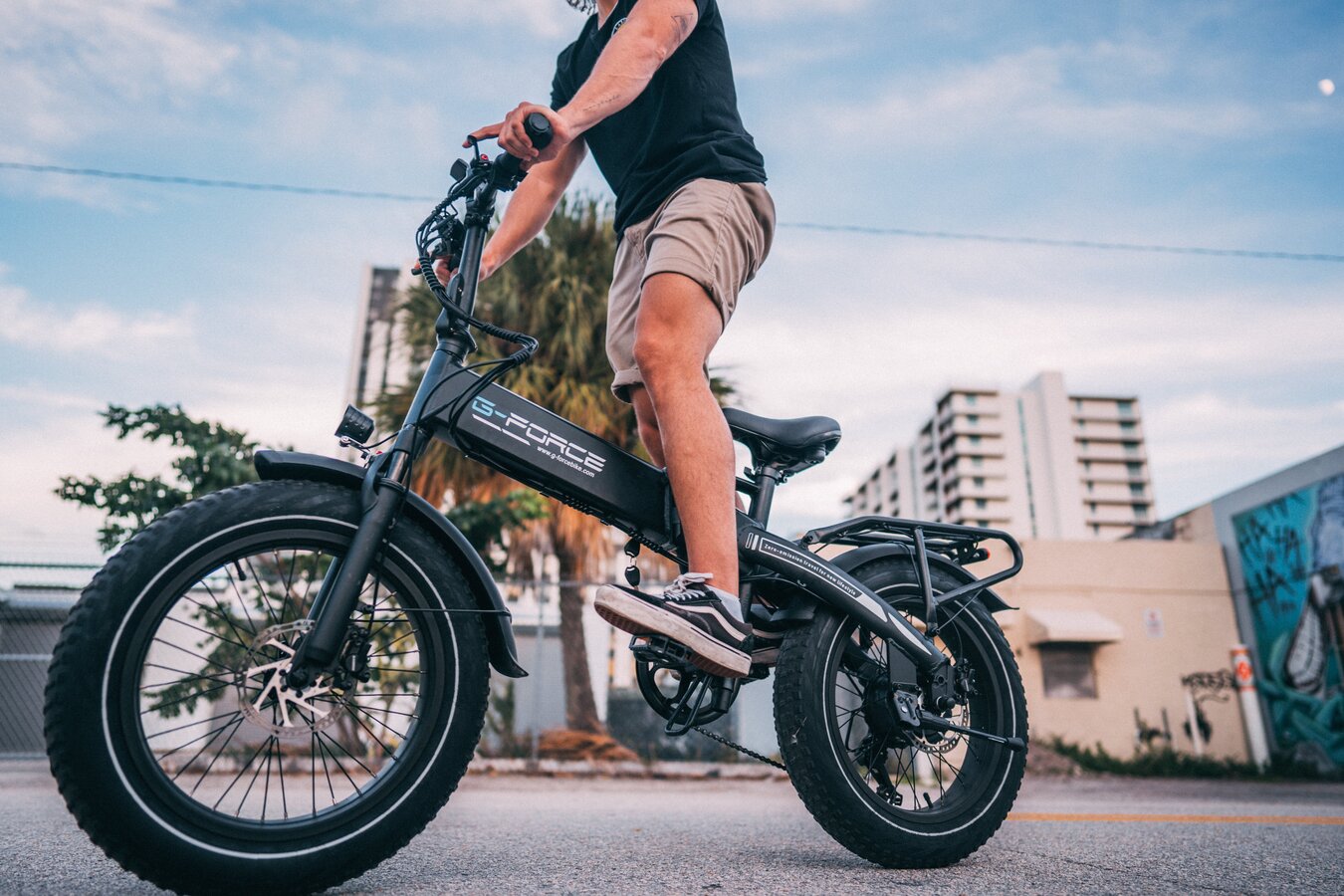Case Examples Reflecting Our Approach
At CLS Law Firm, we take a detailed and evidence-based approach to representing injured cyclists. Each case is handled with care, starting with a thorough review of accident reports, witness statements, photographs, and applicable traffic laws to assess potential liability and damages.
Sideswipe Incidents
In cases where a cyclist is sideswiped by a vehicle changing lanes without signaling or checking blind spots, we examine relevant traffic laws and vehicle operation standards. Our team may consult with accident reconstruction professionals and gather supporting evidence to build a clear argument regarding the driver’s failure to exercise reasonable care.
Sudden Stop Scenarios
When a cyclist is injured due to a vehicle stopping abruptly without warning, we assess whether the driver maintained a safe following distance and whether the stop was reasonable under the circumstances. We help clients document their injuries, related medical costs, and other damages as part of their claim.

